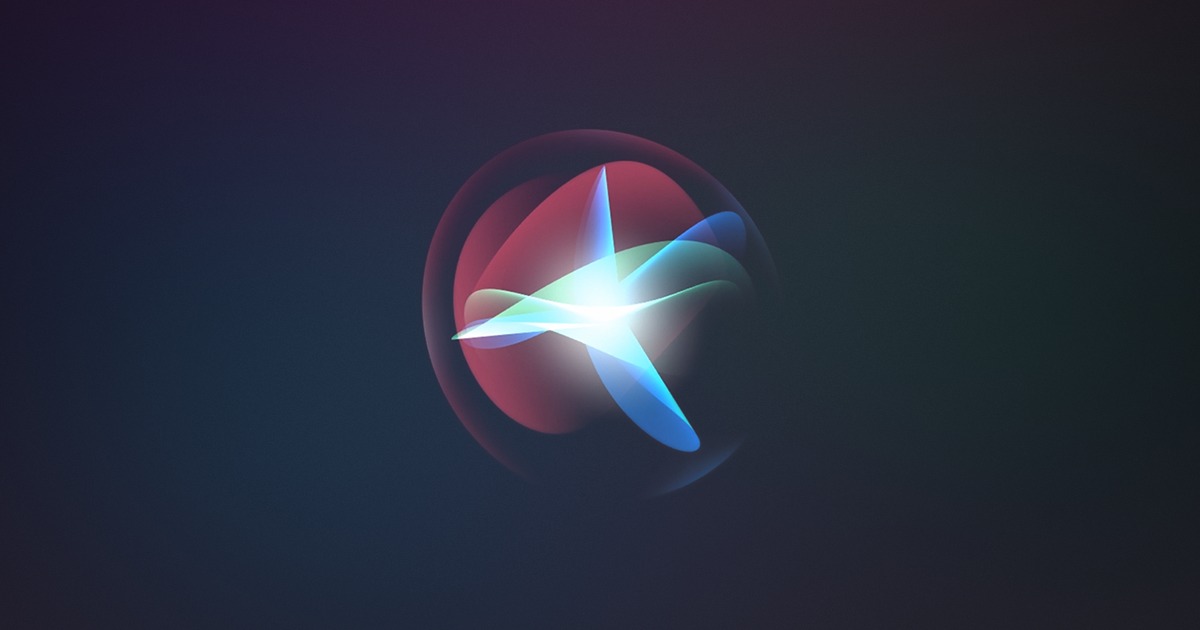Apple is working on ways to improve Siri’s recognition of atypical speech, as per a new report by The Wall Street Journal. Current voice assistants have a difficult time understanding users with a stutter, and companies, including Apple, are working to improve on this.
WSJ’s report goes into detail on how the companies behind Alexa, Google Assistant, and Siri are putting in the effort to improve recognition for people with speech impairments, which could improve their user experience with a wider group of audience.

Apple is researching how to improve Siri’s recognition of speech with a stutter
As per The Wall Street Journal, Amazon is working on an Alexa integration with Voiceitt, a startup that allows people with speech impairments to train an algorithm that can recognize their voice. This feature will be available in a future update to Alexa in a few months.
Google is also working on collecting data and using artificial intelligence to improve the speech recognition of its voice assistant. As per a product manager at Google, it is not going to be easy as atypical speech patterns are varied, unlike standard speech patterns.
Apple told WSJ that it has a Hold to Talk feature which allows users to talk to Siri for a prolonged duration, allowing someone with a shutter to complete their sentence before it stops listening.
The company is also working with a collection of 28,000 audio clips of speech with a stutter, sourced for podcasts, to understand how it can automatically detect such input and recognize it.
The company is now researching how to automatically detect if someone speaks with a stutter, and has built a bank of 28,000 audio clips from podcasts featuring stuttering to help do so, according to a research paper due to be published by Apple employees this week that was seen by The Wall Street Journal.
The common thread with both Apple and Google’s research is to work on data sets with atypical speech and figure out how to use them to improve their smart voice assistants. Neither company is able to provide any timeline as to when such a feature can roll-out. Meanwhile, Amazon’s implementation which will help users train an algorithm to recognize them will be available soon.
4 comments